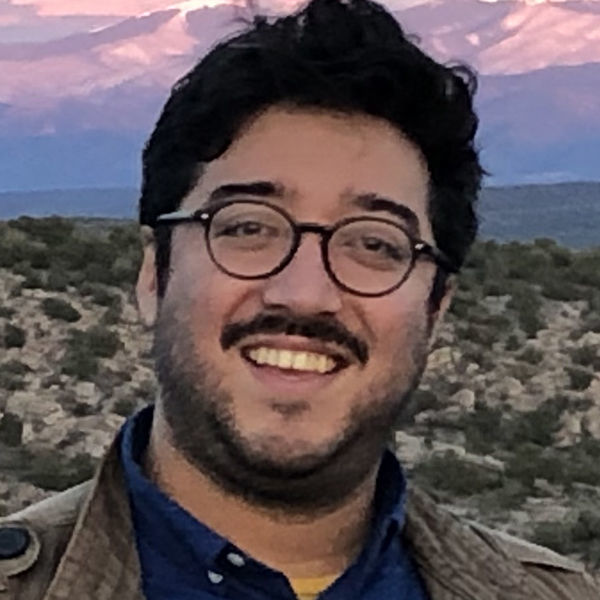Facing harsh realities
February 17, 2020
"The fact that nothing happened to either the man who killed Trayvon or the man who killed Michael just…I don't know, it made me really upset."
I grew up speaking Spanish. My first language is English, but the very first language I spoke was Spanish. And when I was a child, I remember realizing when speaking Spanish that people didn't like it—that it was now a private language rather than the public language, was actually very difficult. Also, realizing that it marked me racially—this is something I was made aware of by my parents.
So, even growing up in elementary school, it was always difficult to hear this. And this isn't unique, but people truly didn't think that I would be anything but a landscaper, and it's a ridiculously limited assumption, but that's what people saw. People “knew” that the groundskeepers, or janitors, whomever were Latino or Black. This attitude from my peers came to a head in high school. I went to a pretty big public high school, but whenever I did really well at anything, the way people would cut me down was always by telling me that my uncles and cousins were outside. They were outside, not inside. They were out there, so why wasn't out there joining them? When I got into Washington University, was kind of awkward because of a friend in my high school. She didn't get in to WashU, but she wanted to go, so she told me one day during lunch, “Well, my dad says that not everyone is lucky enough to have brown skin.” That's what she told me. And then she walked away. We haven't spoken since. We were friends, but we haven't spoken since.
You know, I'm part of that really strange conjunction known as US Latinos. Historically we’re very mixed, right? So, in my family, I think we're white and we’re indigenous, in terms of historical lineage. And we don't know where we fall actually, because we can't claim Indigenous descent, especially in the US. It’s not ethical, and it's also not true [in terms of not being descended from U.S. indigenous nations]. But it also feels strange to call ourselves white because we didn't grow up that way. We weren't taught to think of ourselves that way and plus people didn't like to think of us that way
Then when Michael Brown was killed, having been in college in Saint Louis, in a weird way it felt close to home. It wasn't home, and of course I didn't know Michael Brown. I had never been to Ferguson actually. But when he was killed, something broke inside me. I think of three incidents: Trayvon Martin's murder, Michael Brown's murder and then the Pulse shooting. Just that the incidents all intersect so strongly with race in American thought and yeah, the fact that nothing happened to either the man who killed Trayvon or the man who killed Michael just…I don't know, it made me really upset.
About the interviewer
Claire Rafford is a junior at the University of Notre Dame majoring in English and minoring in Journalism, Ethics and Democracy and Business-Economics.

Francisco Robles
Francisco Robles is an assistant professor of English at the University of Notre Dame focusing on multiethnic American literatures, including but not limited to LGBTQ+ literatures, Chicanx and Latinx literatures and African American literatures.